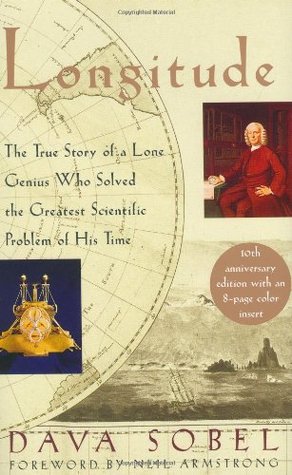PureLand (English, Hardcover, Zarrar Said)
Rs.599.00 Rs.249.00
Author: Zarrar Said, ISBN: 9789353023096, Condition: Old
Out of stock
An assassin, accused of heinous acts of terror, begins his testimony by claiming responsibility for the murder of the Nobel Prize winning physicist, Salim Agha. To explain his motive, he begins by telling Salim’s story and the tragic relationship he had with his beloved nation, Pureland. Full of fascinating mysticism, Salim’s life commences with a prophecy from a levitating saint: he was destined for greatness from the start. But he is born into poverty in a feudal village and the prophecy begins to fade, but his life takes a turn when his landlord, General Khan, sees something special in the boy and promises to enroll him in a prestigious school in the city. Salim’s journey is never an easy one as he is hindered by conniving servants, General Khan’s evil mother, and his internal struggle with identity. He also falls in love with Khan’s daughter, Laila, who becomes his muse as well as his curse. A beloved so powerful that he vows to do anything to win her heart. She becomes the embodiment of everything he is destined to achieve. But everything starts to crumble. In an accidental act to impress his landlord, Salim inadvertently contributes to a coup d’�tat that derails his nation. He manages to leave for New York in order to stand on equal footing with his landlord and win over his beloved. But over the years in exile, Pureland is taken over by the Caliphate and remorse leads Salim to try and undo this wrong – and in doing so he creates vicious enemies who vie to slay him. One such enemy is the narrator himself.
Inspired by the true tragic story of Pakistan’s only Nobel Prize winning physicist, Zarrar Said’s novel Pureland is a tour-de-force debut about a nation that has lost its way, its people who suffer from unspeakable tyranny, and a remorseful hero whose legacy has been wiped out by hatred.
E3,E30,E41
Reviews
There are no reviews yet.
Only logged in customers who have purchased this product may leave a review.
Related products
Almost New Books
Almost New Books
The Naughty Little Squirrel (English, Hardcover, Enid Blyton)
Almost New Books
Almost New Books
Almost New Books
Almost New Books


















